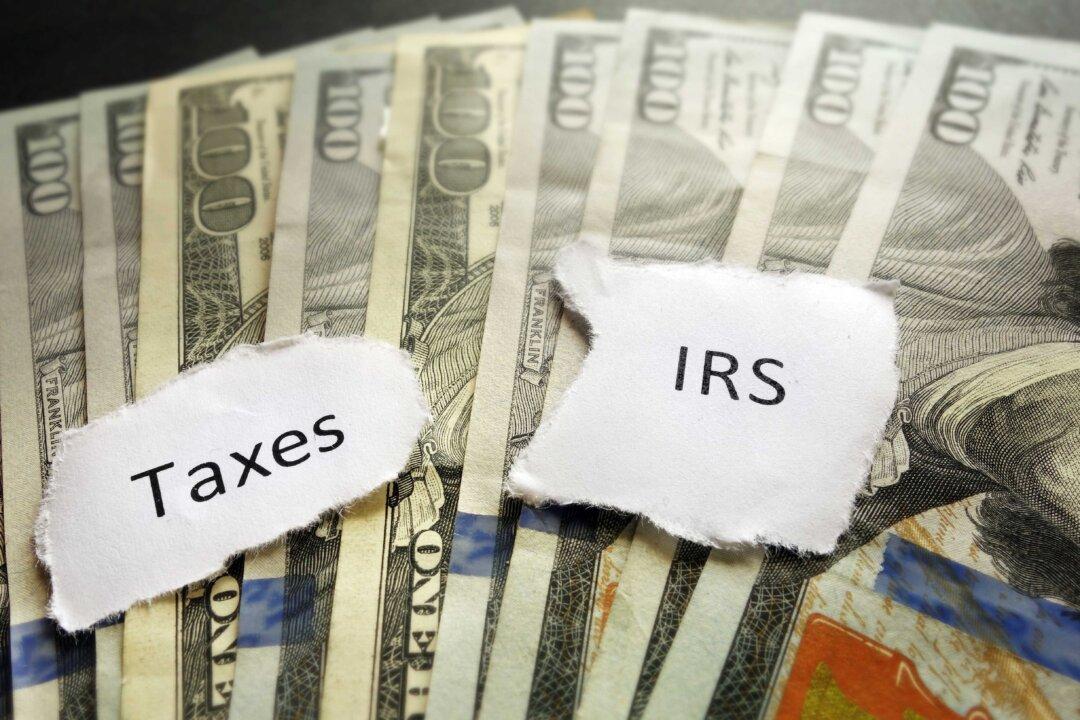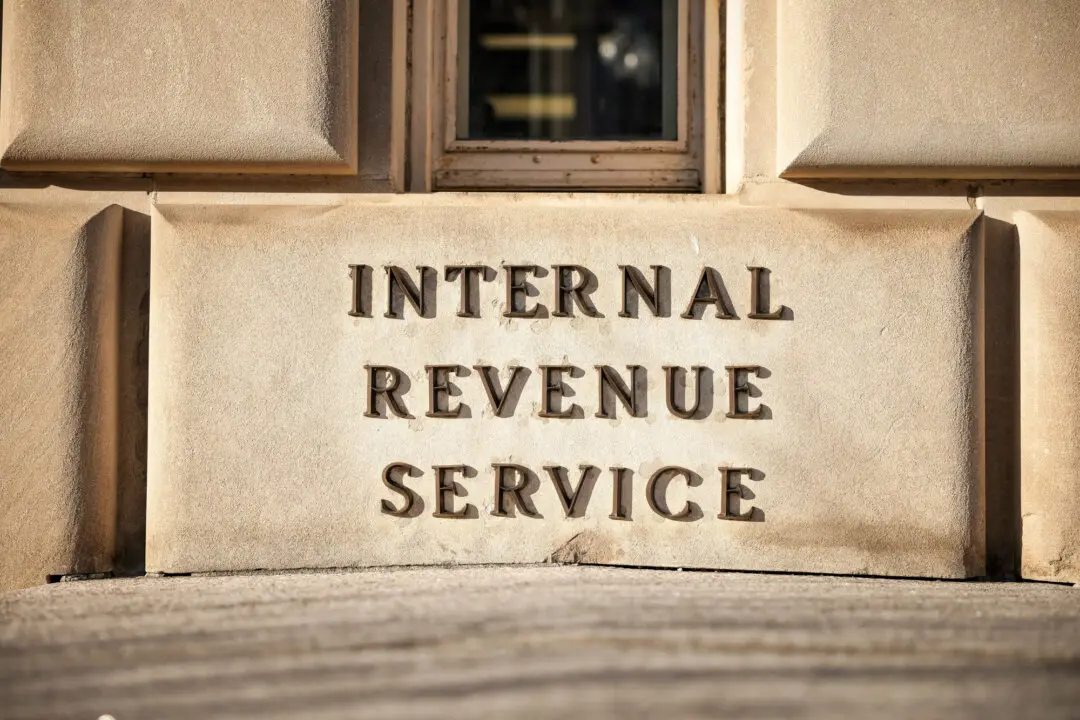President Joe Biden has just proposed the biggest federal budget request in U.S. history—with the exception of his nearly $7 trillion spent last year. When I came to Washington in 1985, the federal budget hit $1 trillion. Now we’re in the $6 trillion to $7 trillion range, and we wonder how it is that the debt has rocketed to $30 trillion.
The obvious solution—given the hundreds of billions of dollars of waste and fraud in the budget and the end of special spending needs to combat COVID-19—would be to put the government on a strict spending diet. Not only would this lower our deficit, but it would also mean a lower inflation rate.





